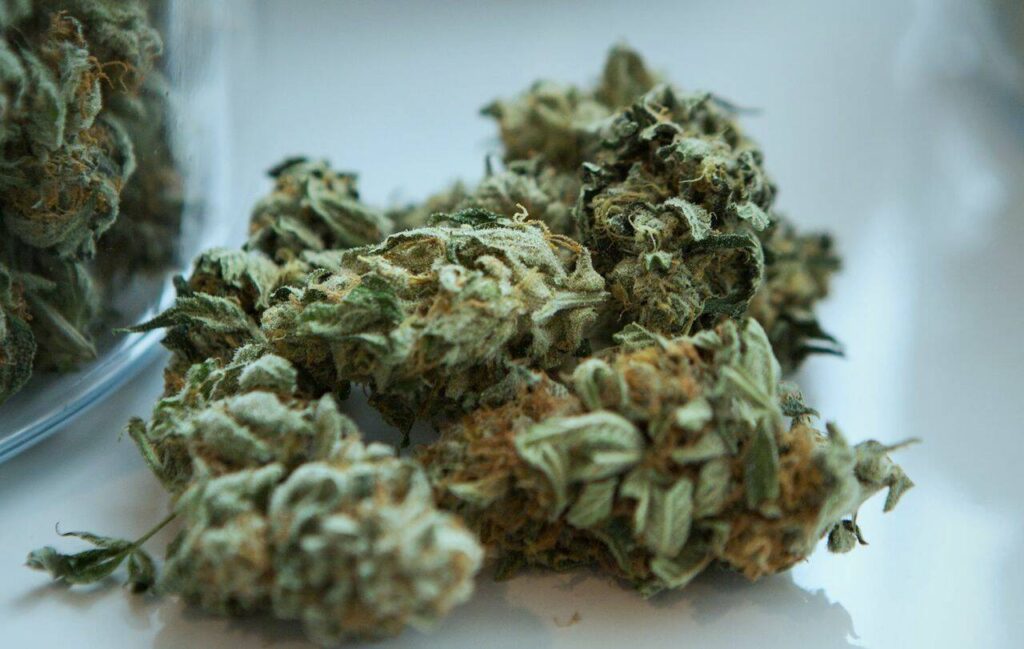THCa flower, a form of cannabis in its raw, unheated state, is gaining attention as a promising option for natural healing. Unlike its more well-known counterpart, THC tetrahydrocannabinol, which becomes psychoactive when heated or smoked, THCa tetrahydrocannabinolic acid does not produce a high. This makes THCa flower a compelling choice for those seeking the therapeutic benefits of cannabis without the intoxicating effects. THCa is a non-psychoactive cannabinoid found in the cannabis plant. It is the precursor to THC and is present in the raw, unprocessed form of the plant. When cannabis is heated through processes such as smoking or vaping, THCa decarboxylates and converts into THC, which is known for its psychoactive properties. However, when consumed in its raw form, THCa retains its acid form, which researchers suggest might offer unique therapeutic benefits. One of the key benefits of THCa is its potential anti-inflammatory properties. Chronic inflammation is linked to numerous health issues, including arthritis, autoimmune diseases, and certain types of cancer.

Preliminary research indicates that thca flower bulk may help reduce inflammation and offer relief from conditions associated with inflammation. This is significant for those looking for alternative treatments that do not rely on traditional pharmaceuticals, which can have undesirable side effects. Additionally, THCa is being studied for its potential neuroprotective properties. Some research suggests that cannabinoids, including THCa, may help protect brain cells from damage, which could be beneficial in conditions such as neurodegenerative diseases. By potentially supporting brain health and cognitive function, THCa may offer a natural approach to managing or mitigating the effects of diseases like Alzheimer’s and Parkinson’s. Furthermore, THCa is being explored for its potential anti-nausea and anti-emetic effects. Nausea and vomiting are common side effects of chemotherapy and other medical treatments. Preliminary studies suggest that THCa may help alleviate these symptoms, providing a natural alternative for patients undergoing treatment.
The use of THCa flower can be integrated into various forms of consumption, including juicing raw cannabis leaves or incorporating them into smoothies. This method preserves the cannabinoid in its natural state and avoids the conversion to THC. It offers a non-intoxicating way to access the potential benefits of cannabis. Despite these promising aspects, it is important to approach THCa with cautious optimism. Research is still in its early stages, and while preliminary findings are encouraging, more extensive studies are needed to fully understand its efficacy and safety. Additionally, as with any therapeutic option, it is essential for individuals to consult healthcare professionals before incorporating THCa flower into their health regimen. In conclusion, THCa flower represents an exciting avenue for natural healing, offering potential benefits in reducing inflammation, protecting brain health, and managing nausea without the psychoactive effects associated with THC. As research continues, THCa could become an integral part of holistic approaches to wellness, providing a natural, non-intoxicating alternative for those seeking to improve their health and quality of life.